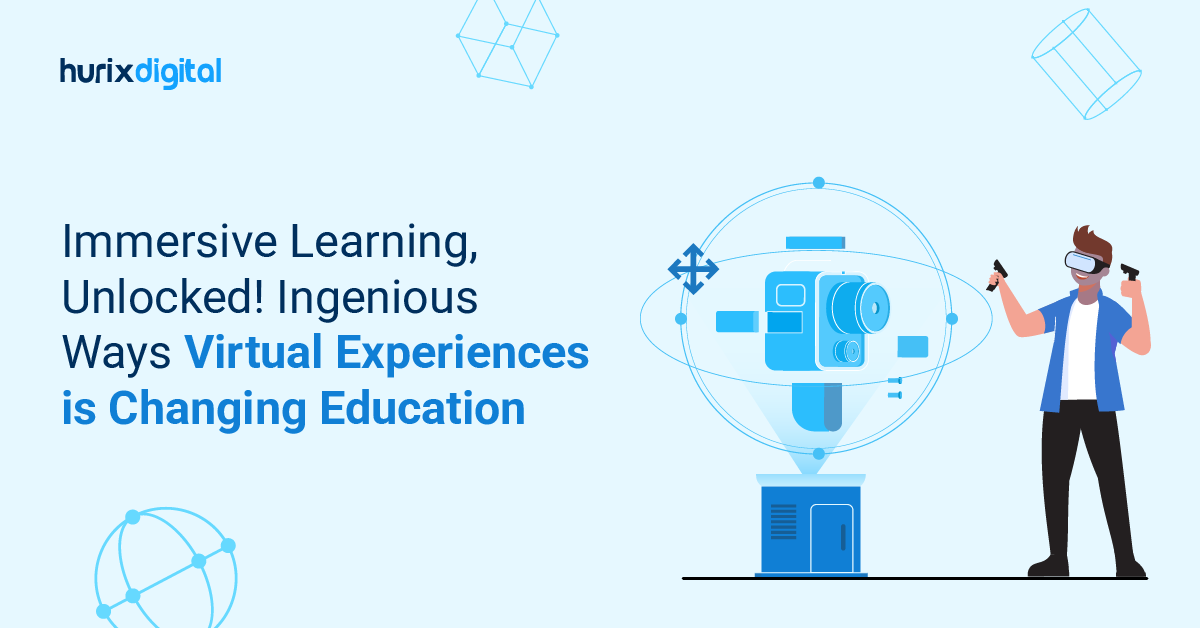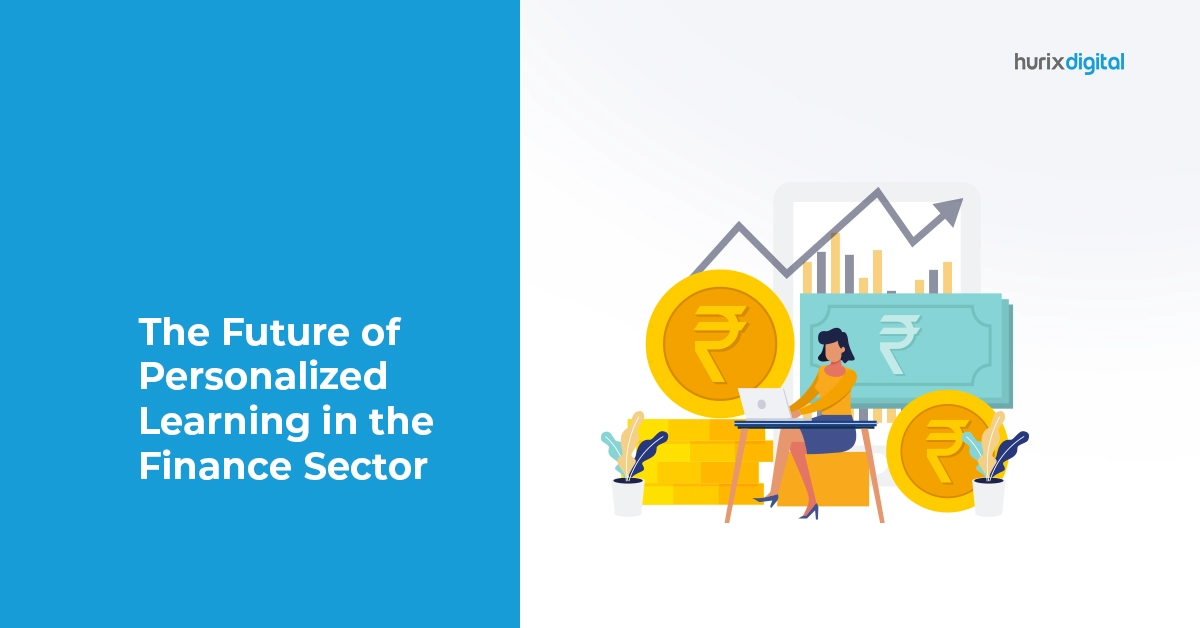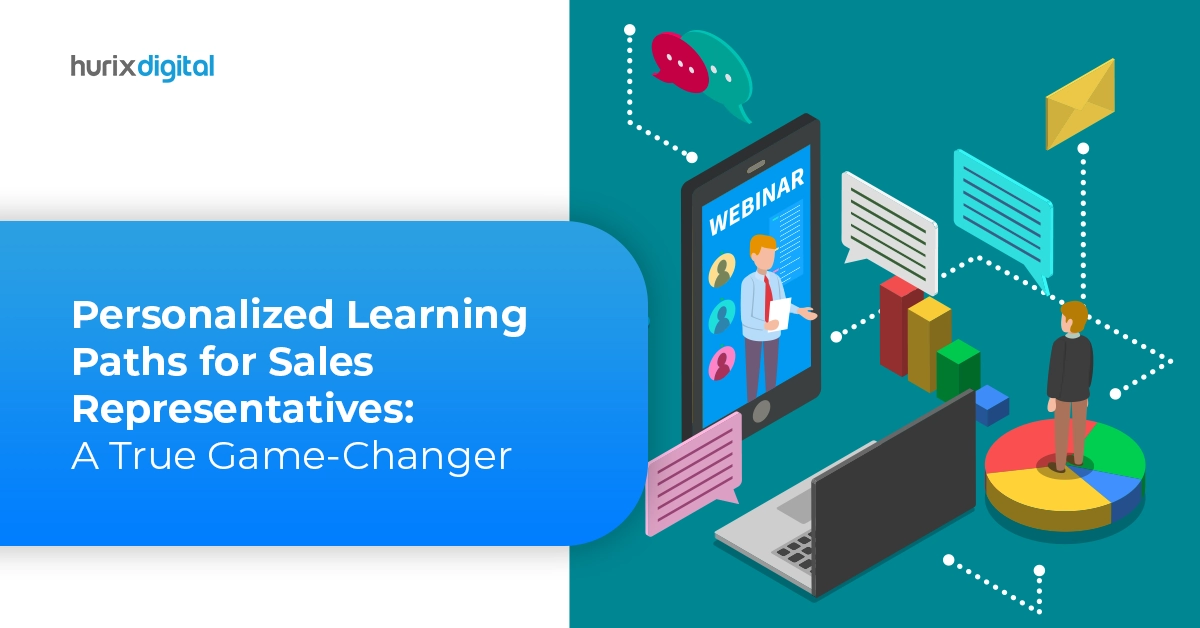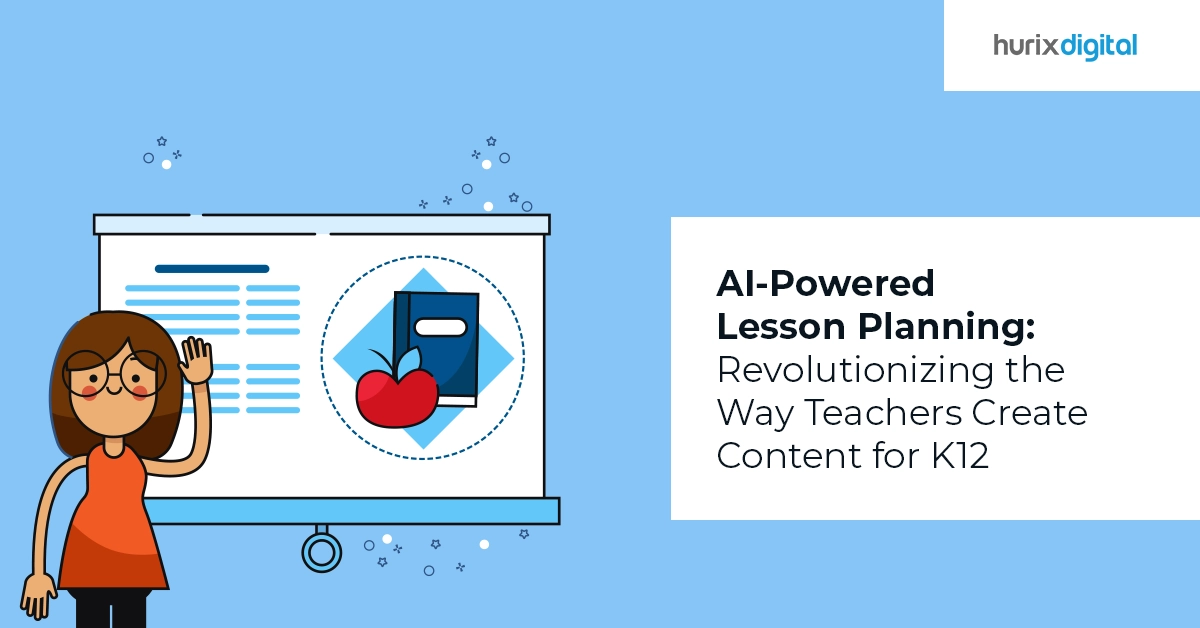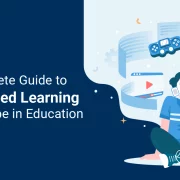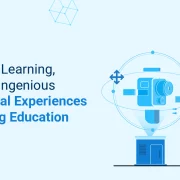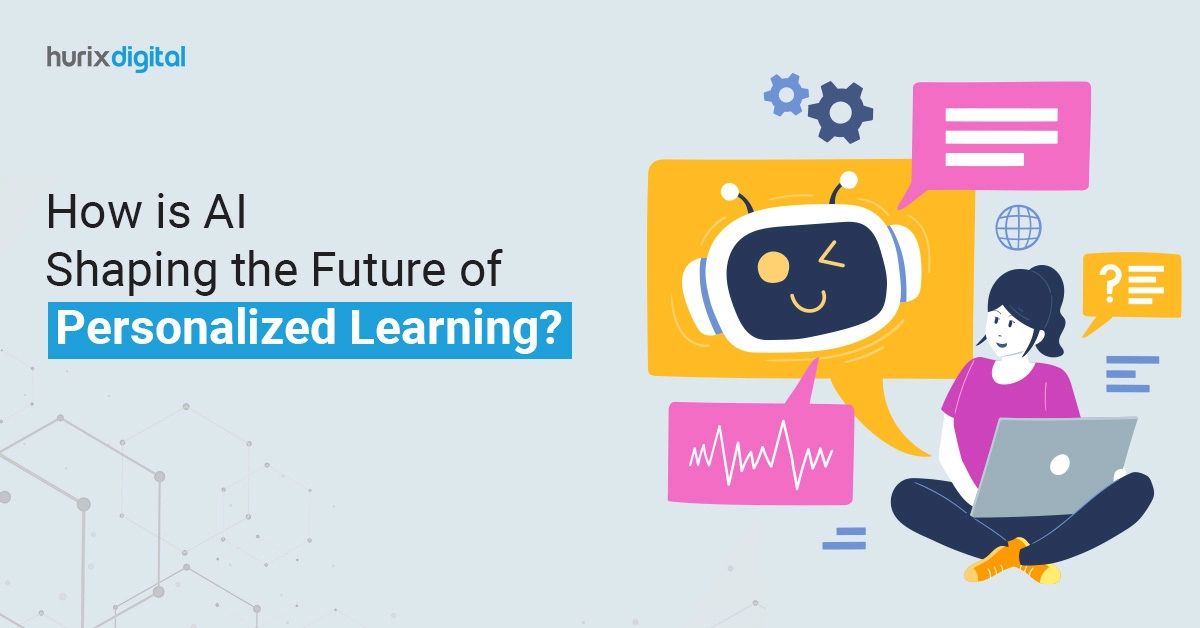
How is AI Shaping the Future of Personalized Learning?
Summary
This blog explores AI-powered tutoring solutions in higher education, highlighting key tools, obstacles, and prospects for personalized learning and improved student outcomes.
Personalized learning is a classroom format where the lessons are taught based on how you, as a learner, grasp them. No more feeling left behind or bored because you’re moving at the wrong pace. With AI-powered tutoring solutions, get personalized learning experiences that address your student’s problems and help them stay ahead.
These smart systems can forever change how we think about education. The increasing use of AI chatbots and virtual tutors for personalized, round-the-clock student support is a testament to the power of AI technology in higher education.
But what exactly does this look like, and which AI-powered tutoring solutions and tools will reshape classrooms and learning environments in the years to come? Let’s understand through this blog.
Table of Contents:
- AI-Powered Tutoring Solutions Tools to Lookout in 2024
- Obstacles and Important Considerations for AI in Education
- Future Prospects of AI-Powered Tutoring Solutions in Higher Education
AI-Powered Tutoring Solutions Tools to Lookout in 2024
Academic leaders like Provosts and Chief Academic Officers must explore and integrate AI-backed educational tools in their educational institutions. The AI in education market is thriving from USD 1.82 billion in 2021 to a projected 36.0% CAGR growth through 2030. It’s indeed the perfect time to embrace these innovations for better student outcomes.
Below are some advanced AI-powered tutoring tools that should be on every academic leader’s radar to revolutionize education for their students.
1. Intelligent Tutoring Systems
Intelligent Tutoring systems are computer programs designed to provide personalized instruction and feedback to students. They employ AI, natural language processing, machine learning, and data mining to analyze students’ interactions, simulating a one-on-one tutoring experience.
The primary objective of these tools in higher education is to deliver highly personalized guidance that exceeds traditional computer-aided instruction’s capabilities and competes with human tutors’ effectiveness.
A great example of this is AutoTutor, which was developed at the University of Memphis. This engages students through natural dialogue, presenting complex problems and guiding them toward solutions via an interactive conversational interface.
Also Read: 5 Ingenious Ways to Prep Learners for New Professional Opportunities in Higher Education
2. AI Chatbots
A recent review by Deng and Yu (2023) explores how chatbots are shaping education. Their findings show that an AI chatbot can significantly improve overall learning outcomes, regardless of how long they are used or what content is being taught. They are especially effective at helping students retain information, making them a powerful addition to higher education.
For academic leaders, integrating chatbot technology is essential to staying ahead in education. AI-powered chatbots offer continuous and personalized support to students, which creates a more responsive learning environment.
3. Virtual Tutors
AI-backed virtual tutors are changing higher education by offering personalized learning experiences. Several online platforms are using smart tutors to improve students’ learning.
These virtual tutors analyze student progress, spot areas where help is needed, and provide instant feedback. They offer support around the clock, allowing students to get assistance whenever they need it.
By integrating these AI tools, educational institutions are seeing better student outcomes and higher engagement. Virtual tutors are becoming an essential part of modern education which makes learning more effective and accessible.
Note: ITS offers a more detailed and adaptive learning experience by deeply analyzing student interactions, while virtual tutors provide accessible, real-time assistance.
4. Intelligent Content Recommendations
Intelligent content recommendation tools are helping students find the right learning material. These tools use data and algorithms to suggest resources based on each student’s learning style, interests, progress, etc.
Instead of spending time searching for relevant content, students receive personalized recommendations that match their needs. This saves time and introduces students to a wider range of perspectives and materials.
Apart from all these tools, there are AI-powered automated assessments as well as gamified elements tools that can be readily used in improving students’ outcomes in higher education.
Obstacles and Important Considerations for AI in Education
While AI offers significant advantages in education, its integration comes with several challenges and considerations that institutions must address:
1. Data Security and Privacy
Most current AI applications involve collecting a great deal of student-related information. It is crucial to ensure this data is well shielded from hackers and other stakeholders with ill motives.
For this reason, institutions are responsible for ascertaining that they implement measures that will ensure compliance with privacy regulations and enhance the security of information.
2. Implementation Costs
The implementation of AI technologies can be costly due to other expenses, such as buying the software, the training process, and infrastructure. These investments are most often required to be planned and budgeted for, and the overall benefits and possibilities of return on investment must be viewed in the long term.
3. Teacher Training and Adoption
Effective use of AI-powered tutoring solutions requires adequate training for educators. Teachers need to be comfortable with new technologies and understand how to integrate them into their teaching practices to maximize their benefits.
4. Equity and Access
The benefits of AI-driven tools must be accessible to all students, regardless of their disabilities. Making sure that all learners have equal access to these technologies is vital to avoid widening the digital divide.
5. Ethical Considerations
At last, it is important to ensure that AI systems are designed and used in ways that are fair and promote positive educational outcomes. This is because AI’s role in education brings up important ethical concerns like potential bias in algorithms and its effect on students.
Also Read: Preparing K12 Students for Higher Education: Best Practices
Future Prospects of AI-Powered Tutoring Solutions in Higher Education
AI-powered tutoring solutions are predicted to take on a growing importance in defining higher education’s future. With improvements in natural language processing and machine learning, AI tutors will be able to provide more intuitive, real-time feedback and support, simulating human interaction more closely.
AI-powered tutors may also offer greater integration with other educational tools. Moreover, they could expand access to quality education, particularly in remote or underserved areas, with cost-effective learning support.
Hurix Digital provides tailored solutions for Higher Ed and K12, focusing on courseware development, editorial services, assessments, and staffing. With a strong emphasis on creating engaging curricula, dynamic instructional content, and eye-catching media, Hurix helps educators enhance the classroom experience and improve student outcomes.
Book a discovery call today to learn more!

Senior Vice President
A Business Development professional with >20 years of experience with strong capability to sell new solutions and develop new markets from scratch. New Market Entry Specialist with experience of working in two of the largest emerging markets – China & India. Also covered other key markets in APAC, US, EU & ME. Exceptional experience of conceptualizing, ideating and selling new learning technologies like VR AR, etc. across multiple industry verticals.
